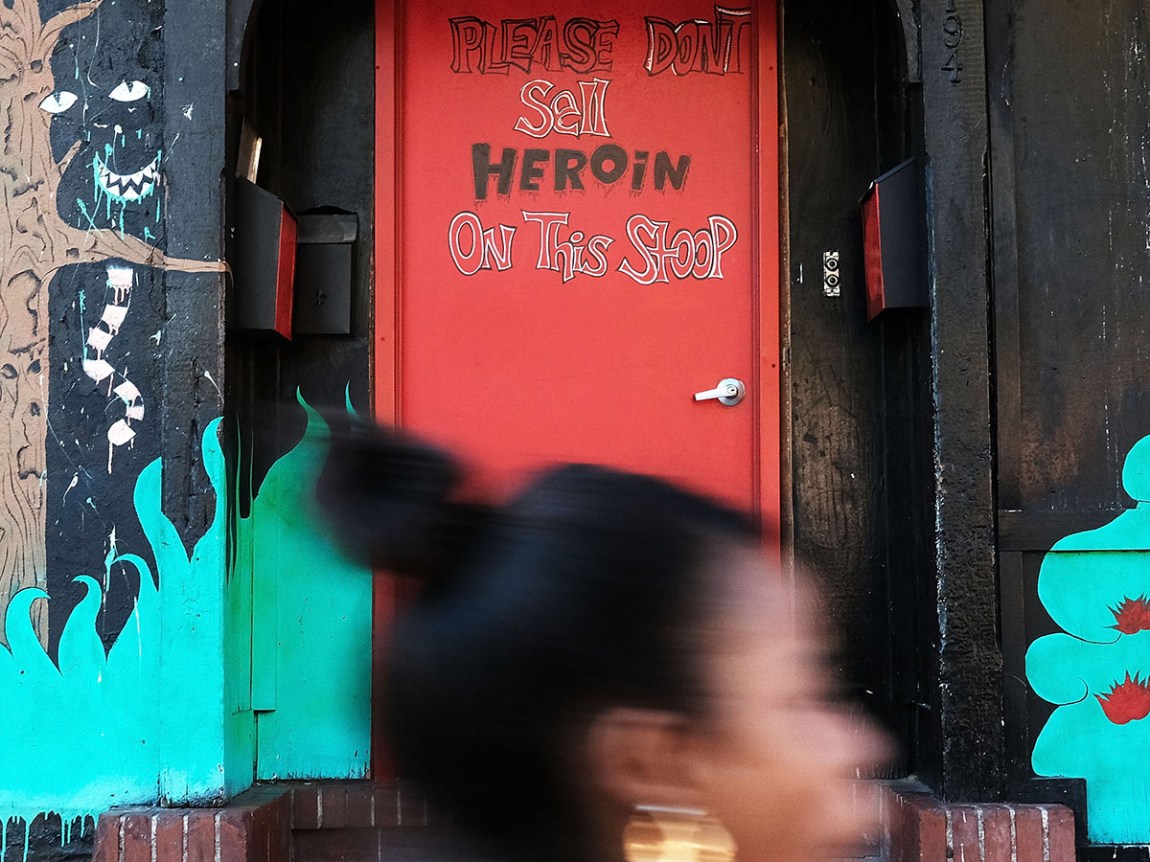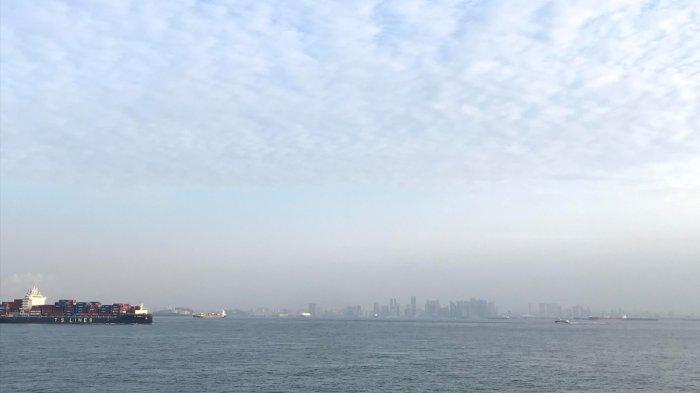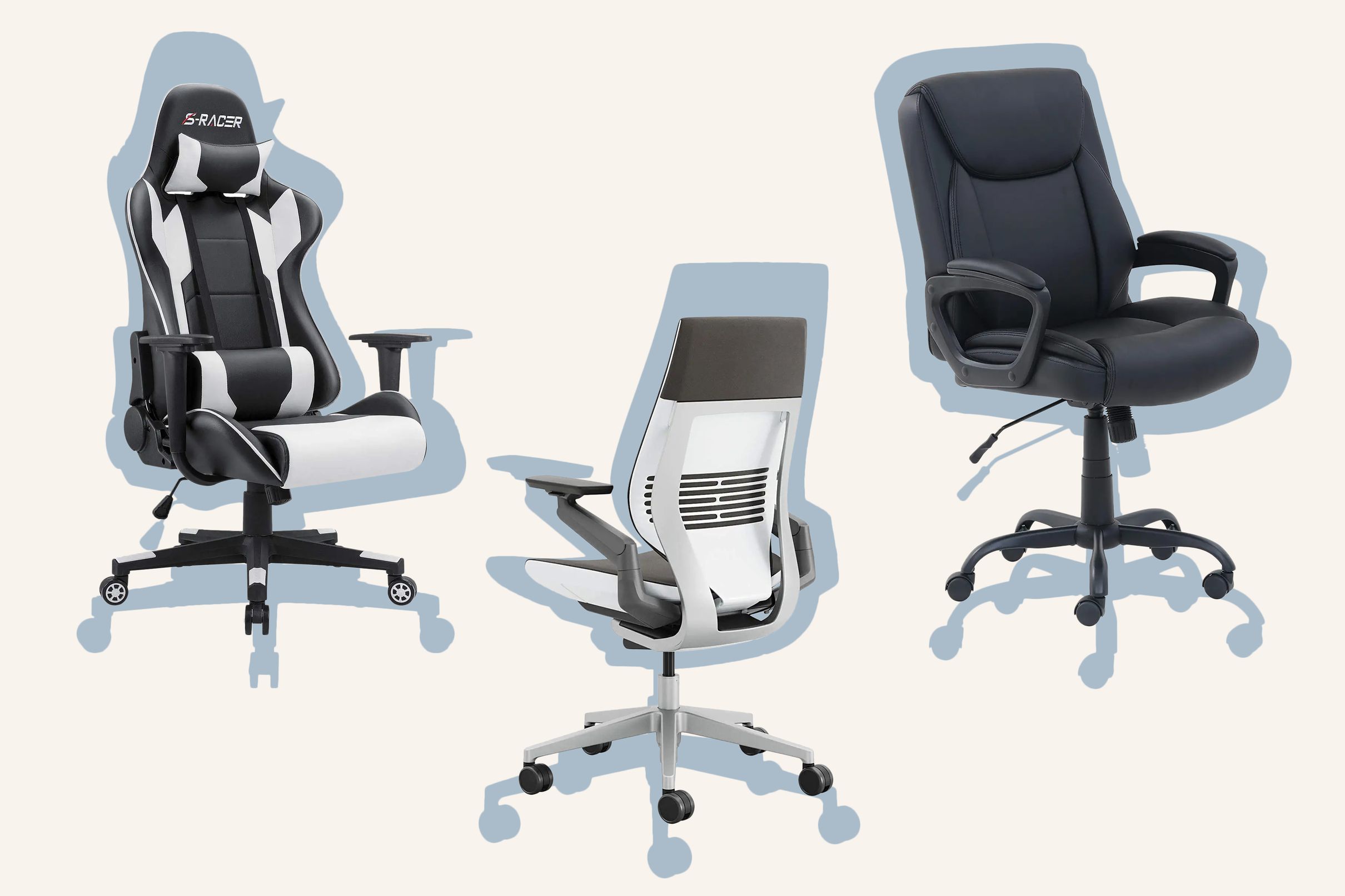France's New Crackdown: Confiscating Phones From Drug Users And Dealers

Table of Contents
The Legal Basis of Phone Confiscation
New Legislation and its Scope
The new law authorizing phone confiscation stems from [Insert specific law name and number here], passed by the French Parliament on [Insert date]. This legislation allows law enforcement to seize mobile phones from individuals suspected of involvement in drug trafficking, based on reasonable grounds for suspicion. The criteria for confiscation include:
- Evidence of drug-related communication on the phone (e.g., messages, calls, photos).
- Possession of drugs during arrest, correlating with phone contents.
- Suspicion of involvement in a larger drug trafficking network, based on prior intelligence.
The law includes exceptions; for instance, the phone of a witness may not be confiscated unless they are suspected of direct involvement in the trafficking. Individuals whose phones are confiscated have the right to appeal the decision within [Insert timeframe] to a judicial authority, presenting counterarguments for the return of their device.
Expanding Police Powers
This legislation significantly expands the powers of French law enforcement. While aiming to enhance crime prevention and disrupt drug trafficking networks, it also raises concerns regarding potential misuse of power. The broadened authority to search and seize personal property, specifically sensitive devices like mobile phones, necessitates stringent oversight:
- Concerns exist regarding potential biases in enforcement, leading to disproportionate targeting of specific demographics.
- The balance between public safety and individual liberties needs careful scrutiny. Are sufficient safeguards in place to prevent abuse?
- Oversight mechanisms, such as independent review boards and audits of police procedures, are vital to ensure accountability.
Impact on Drug Trafficking Networks
Disrupting Communication
The primary goal of phone confiscation is to disrupt communication channels crucial for drug trafficking operations. Dealers rely heavily on technology:
- Encrypted messaging apps (e.g., Signal, Telegram) are commonly used for secure communication.
- Social media platforms serve as marketplaces for drug transactions.
- Phones facilitate coordination among members of drug trafficking networks.
By confiscating these devices, law enforcement aims to hinder the organization and execution of drug deals, potentially slowing the flow of illegal substances. However, criminals may adapt by utilizing alternative communication methods, such as burner phones or encrypted email services.
Evidence Gathering and Prosecution
Confiscated phones provide a rich source of evidence for criminal investigations and prosecutions. Data extraction and analysis can uncover:
- Contact details of other members of the trafficking network.
- Details of drug transactions, including location, time, and quantity.
- Financial records linked to drug sales.
This evidence can be crucial in building stronger cases, leading to more successful prosecutions. However, the admissibility of such evidence in court is subject to legal challenges, particularly concerning data protection laws and the proper handling of digital evidence.
Privacy Concerns and Civil Liberties
Data Protection and Surveillance
The widespread confiscation of phones raises serious ethical and legal concerns regarding privacy rights:
- The potential for unwarranted surveillance and data misuse is significant.
- France's data protection laws (e.g., GDPR) need to be meticulously observed during the process of accessing and analyzing data from confiscated phones.
- The ongoing debate about balancing security measures against fundamental rights needs careful consideration.
A robust framework for data handling and storage, along with strict procedural guidelines, is crucial to mitigate privacy risks.
Discrimination and Profiling
Concerns exist regarding the potential for discriminatory practices during phone confiscation:
- Risk of disproportionate targeting based on race, ethnicity, or socioeconomic status.
- The need for clear and objective criteria for phone seizure to minimize the possibility of biased enforcement.
- Mechanisms for redress and complaints against discriminatory practices need to be established and readily accessible.
Conclusion
France's new policy on phone confiscation in the fight against drug trafficking is a bold move with both potential benefits and significant drawbacks. While the disruption of communication networks within drug trafficking organizations is a worthy goal, the implications for privacy rights and the potential for misuse of power demand careful monitoring and oversight. The long-term effectiveness of this strategy remains uncertain, and its impact on civil liberties requires ongoing evaluation. The future success of France's new crackdown on drug trafficking will depend heavily on transparent implementation, rigorous oversight, and a commitment to upholding fundamental rights. We need to continue the discussion surrounding this approach, ensuring that any such measures are both effective and respect the rights of all citizens.

Featured Posts
-
 Ramalan Cuaca Bali Sebagian Besar Berawan Hujan Lokal
May 29, 2025
Ramalan Cuaca Bali Sebagian Besar Berawan Hujan Lokal
May 29, 2025 -
 Alteaqd Me Jwnathan Tah Khtwt Qrybt Lbayrn Mywnkh
May 29, 2025
Alteaqd Me Jwnathan Tah Khtwt Qrybt Lbayrn Mywnkh
May 29, 2025 -
 Community Mourns Environmental Advocate Lost In Recent Floods
May 29, 2025
Community Mourns Environmental Advocate Lost In Recent Floods
May 29, 2025 -
 Jawa Tengah Diguyur Hujan Cuaca Besok 23 4
May 29, 2025
Jawa Tengah Diguyur Hujan Cuaca Besok 23 4
May 29, 2025 -
 Finding The Best Office Chair In 2025 A Detailed Review
May 29, 2025
Finding The Best Office Chair In 2025 A Detailed Review
May 29, 2025
